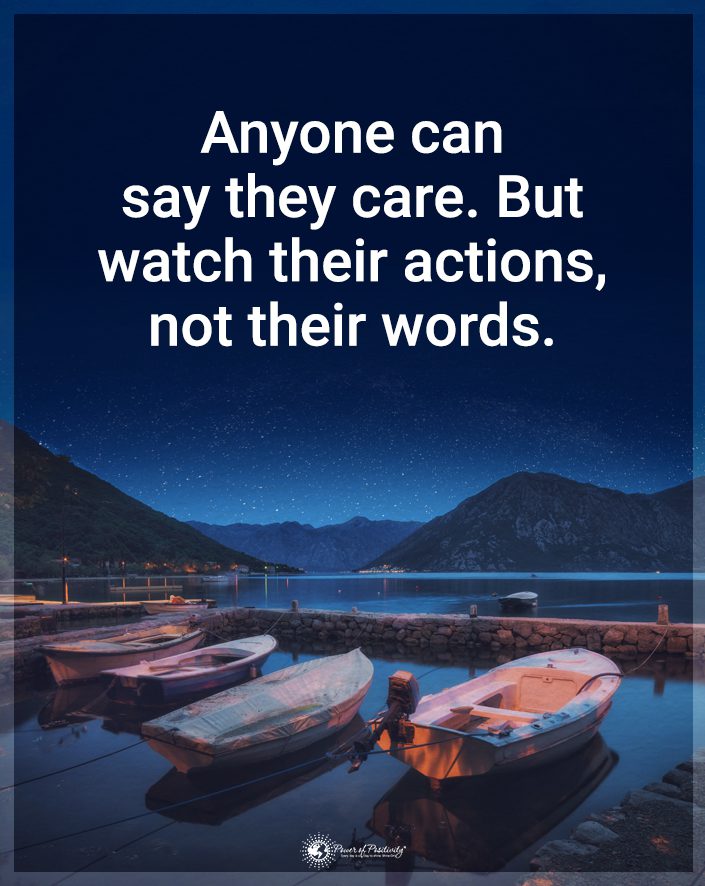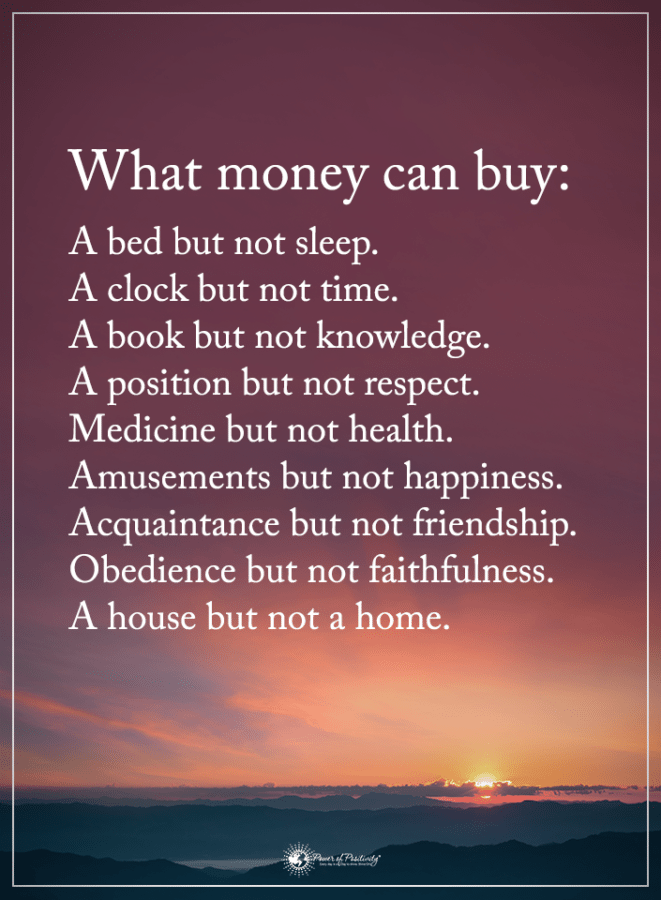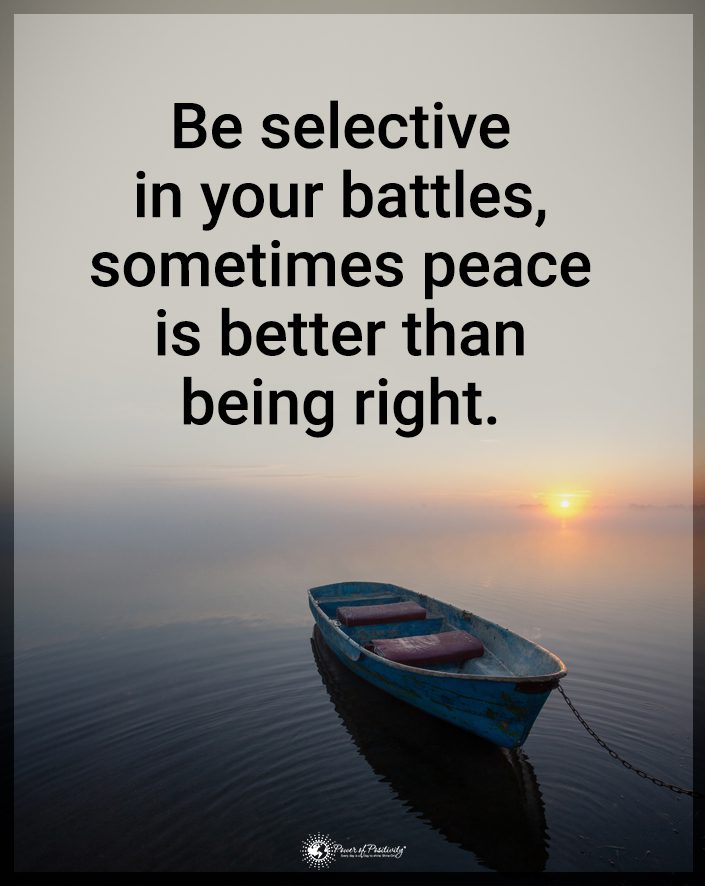Here are signs of a partner full of toxicity.
Have you ever found yourself questioning the health of your relationship? It’s hard to recognize when love takes a wrong turn, especially when your heart is deeply invested. However, being aware of the red flags of a toxic relationship is a key part of your emotional well-being. This toxicity may also predict your future happiness.
In achieving a healthy and fulfilling partnership, understanding these warning signs can be your guiding light. If you’re seeking a relationship rooted in respect and mutual care, recognizing these signs is the first step towards safeguarding your emotional health.
Twenty Key Signs You Have a Toxic Partner
Let’s explore some of these critical red flags that may indicate you’re in a toxic partnership.
1 – A Toxic Partner Brings on Excessive Drama
A little bit of drama now and then is a part of any relationship. After all, we’re only human. But when drama becomes the mainstay, it’s a red flag waving furiously. Excessive drama often indicates a partner’s lack of stability and emotional maturity. It can turn your relationship into a rollercoaster of highs and lows, leaving you emotionally drained. This continuous drama cycle can disrupt your peace and affect other areas of your life, like work or friendships. If every small issue escalates into a major conflict or you are constantly caught in emotional whirlwinds, it’s worth asking: Is this the kind of relationship dynamic that nurtures me?
2 – Their Toxicity Always Tears Down Self-Esteem
In a healthy relationship, your partner should be your cheerleader, not your critic. But subtle (or not-so-subtle) comments can gradually chip away at your confidence in toxic dynamics. These remarks might be disguised as jokes or ‘just being honest,’ but their cumulative effect is anything but funny. They can make you question your worth and abilities, leading to a plummet in self-esteem.
Remember, a loving partner is supposed to build you up, not tear you down. If you feel lesser or constantly trying to ‘prove’ your worth, it’s a sign of a relationship pulling you down instead of lifting you.
3 – A Toxic Partner Turns into an Energy Vampire
Ever felt completely drained after spending time with your partner? You might be dealing with an energy vampire. These are individuals who, intentionally or not, sap the emotional and mental energy of those around them. They may rely on you as their constant emotional support, leaving little room for your needs. You might notice feeling unusually tired, emotionally depleted, or even physically unwell after interactions with your partner. Your mental health must have a balance in emotional give and take. If you’re constantly giving and rarely receiving, it might be time to reevaluate the health of your relationship.
4 – You Get the Cold Shoulder During Arguments
Communication is the lifeline of any relationship. But what happens when that lifeline is cut off during arguments? Giving you the cold shoulder, or the infamous silent treatment, is emotional manipulation. It’s a way of ‘punishing’ you without words. This tactic can be incredibly frustrating and hurtful, leaving you isolated and unimportant. It can also prevent the healthy resolution of conflicts, as issues remain unaddressed and resentment builds. Healthy communication means addressing issues head-on, not turning away in silence.
5 – The Toxicity Means Inequality in Decision Making
In any partnership, decisions range from the mundane to the monumental. But when one partner consistently dominates these decisions, it signifies imbalance. This inequality can manifest in small things, like choosing a restaurant, to bigger life decisions, like moving to a new city.
A healthy relationship means frequent compromise. It also means mutual respect for opinions and desires. If your voice is regularly drowned out or your opinions dismissed, it could indicate a deeper power imbalance in the relationship.
6 – A Toxic Partner Displays Excess Jealousy
Jealousy, to a certain extent, is natural in relationships. It can even be a sign of love and attachment. However, there’s a fine line between normal jealousy and possessiveness. Excessive jealousy manifests through constant questioning, unfounded accusations, and demands to limit your interaction with others. It can feel suffocating and is often rooted in insecurity and control rather than love.
This behavior undermines trust—one of the pillars of a healthy relationship. It’s important to distinguish between caring concern and controlling jealousy, as the latter can lead to toxicity in the relationship.
7 – The Toxicity Means You Often Walk on Eggshells
Walking on eggshells is a phrase we often hear, but what does it really mean in a relationship? It’s that uneasy feeling of constant anxiety around your partner, where you’re always worried about saying or doing something that might upset them. This continuous apprehension is not only stressful but deeply unhealthy.
It can stem from unpredictable reactions, harsh criticism, or even fear of angering your partner. This tense atmosphere stifles open communication. It can also make you lose sight of your true self. If you constantly monitor your words and actions to avoid conflict, it’s a sign of relationship toxicity. It may be time for you to find a way to thrive.
8 – A Toxic Partner Leaves You Feeling Less Than
In a loving and nurturing relationship, your partner should be a source of support and upliftment. They should make you feel valued, respected, and loved for who you are. However, if you’re in a situation where you consistently feel less than, belittled, or unworthy, it’s a significant red flag. A toxic partner may use subtle put-downs, comparisons, or even direct insults to make you feel inferior.
This behavior is not only damaging to your self-esteem but also to the very foundation of your relationship. A partner who genuinely cares about your relationship will encourage your growth, celebrate your successes, and accept you unconditionally – not make you feel small or insignificant.
9 – They Manipulate You by Gaslighting
Gaslighting is a term that has gained a lot of attention in discussions about toxic relationships, and for good reason. It’s a form of psychological manipulation where a person makes you doubt your own experiences and memory. It might even make you second-guess your perceptions of the world.
Common tactics include:
- Denying they said something
- Questioning your memory
- Assusing you of overreacting.
This cruel form of manipulation can make you question your sanity and can be incredibly disorienting and damaging. It’s important to trust your instincts and experiences. A partner who consistently gaslights you is undermining your ability to trust yourself and your sense of reality.
10 – They Use Words as Weapons (Verbal Abuse)
Verbal abuse in a relationship is often more insidious and difficult to pinpoint than physical abuse, but it’s just as harmful. It involves using words to control, demean, or inflict emotional pain. This can include yelling, name-calling, mocking, constant criticism, or even subtle jabs and sarcasm. Verbal abuse can erode your self-esteem and can be a stepping stone to other forms of abuse. It’s important to recognize that words can be incredibly powerful and damaging, and a partner who resorts to verbal abuse is crossing a fundamental line of respect and care in a relationship.
11 – A Toxic Partner Has a Lack of Respect for Boundaries
Respecting personal boundaries is vital in any healthy relationship. Boundaries can range from how you spend your time to your personal space to how you prefer to communicate. A toxic partner might repeatedly cross these boundaries despite your feelings or objections. This disregard can manifest as invasive questions, disrespect for your privacy, or pressuring you to do things you’re uncomfortable with.
Toxicity leads to this sign of a lack of respect and understanding. A healthy relationship demands mutual respect, where partners honor and value each other’s boundaries.
12 – Toxicity Breeds Unpredictable Mood Swings
Unpredictability in a partner’s mood can create a confusing and unstable environment. One moment, they might be loving and attentive; the next, they could be withdrawn or irritable. This erratic behavior keeps you on edge, unable to predict or understand what to expect. It can lead to feelings of insecurity. It can also cause anxiety as you struggle to navigate the changing emotional landscape of your partner.
Consistency in behavior is key to building trust and security in a relationship. Unpredictable mood swings are a red flag of toxicity, especially when used to control or manipulate.
13 – Toxic Partner Is Disrespectful to Others
Pay attention to how your partner treats others. It’s often said that a person’s true character is revealed not by how they treat their equals but by how they treat those in seemingly lesser positions. If your partner is rude to waitstaff, dismissive towards family members, or disrespectful to friends, it’s a sign that they may not be the compassionate, respectful person you want them to be.
How they interact with others can give you insight into their true nature and values, which will eventually appear in your relationship. Remember, respect and kindness are foundational in any healthy and loving relationship.
14 – Overly Controlling Behavior
Control in any form is a significant red flag in a relationship, but when it permeates every aspect of your life, it signifies a deeply unhealthy dynamic. Overly controlling behavior can manifest in various ways: dictating what you wear, whom you meet, how you spend your time, or even making career decisions.
This desire for control is often rooted in insecurity and a need for dominance, not concern or love. It’s essential to recognize that in a healthy relationship, both partners have the freedom to make their own choices and the space to be their selves. Constant control equals toxicity.
15 – Lack of Accountability
A partnership is about two people navigating life together, which includes taking responsibility for actions. If your partner consistently refuses to acknowledge their mistakes, blames others (or you) for their actions, or refuses to apologize, it’s a sign of a lack of accountability. This behavior can lead to a one-sided relationship where you’re always at fault, and your partner is perpetually the victim. Accountability is fundamental to trust and growth in a relationship; resentment and frustration can build without it.
16 – Toxicity Isolates You from Friends and Family
Isolation is a tactic often used in toxic relationships to gain control and power. Be wary if your partner discourages or forbids you from seeing friends and family. This separation from your support network can leave you dependent on your partner and cut off from those caring about you. A toxic partner fears that others might offer a different perspective on your relationship. It’s a form of manipulation to weaken your support system and consolidate control.
17 – You Feel Victimized by Their Financial Manipulation
Financial control is a less talked about but equally important aspect of toxic relationships. It can range from subtle control over spending to outright restrictions on access to money or employment. Financial manipulation can leave you financially dependent. Thus, the toxic partner makes it harder to leave the relationship if you choose to. It’s a form of abuse that seeks to limit your independence and freedom, keeping you tied to the relationship in a very tangible way.
18 – A Toxic Partner Has Constant Criticism
While constructive feedback in a relationship can be healthy, constant criticism is not. If your partner is always pointing out your flaws, undermining your abilities, or making negative comments about your appearance or behavior, it’s a form of verbal and emotional abuse. This relentless criticism can significantly impact your self-esteem and sense of self-worth, making you feel undervalued and unloved. Your partner should be your biggest supporter, not your harshest critic.
19 – They Always Ignore Your Emotional Needs
Emotional support is a cornerstone of any strong relationship. If your partner consistently ignores your emotional needs, refuses to engage in emotional conversations, or dismisses your feelings as unimportant, it’s a significant concern. This neglect can leave you lonely and unimportant, even in a relationship. A partner who values you will take the time to listen, understand, and respond to your emotional needs.
20 – Your Partner Keeps You a Secret
A less discussed but equally important relationship red flag is when your partner keeps you a secret. If your partner is reluctant to introduce you to friends and family, avoids being seen with you in public, or keeps your relationship off social media without a clear reason, it might be cause for concern. This behavior can leave you feeling like you’re not an important part of their life or that they’re not serious about the relationship. It can also signify a partner who is not fully committed or trying to maintain a certain image that doesn’t include you.
In a healthy relationship, both partners are proud to acknowledge each other and the relationship they have built together. Being kept a secret can impact your self-esteem. But worse, it can leave you questioning the validity and future of the relationship. Open and honest communication about this issue is crucial. You deserve to be with someone proud to have you in their life, openly and publicly.
Final Thoughts on Knowing the Red Flags That Reveal a Toxic Partner
Recognizing these red flags in a relationship is crucial for your emotional and mental well-being. These signs – from controlling behavior to financial manipulation, from constant criticism to emotional neglect – all point to a relationship that could be more harmful than beneficial.
Reflect on these signs and honestly assess your relationship. If you identify with these red flags of toxicity in your partner, consider seeking support from family or professionals. You deserve a relationship that uplifts you, respects you, and allows you to thrive. Your happiness and well-being should always be a priority.

















 Community
Community

